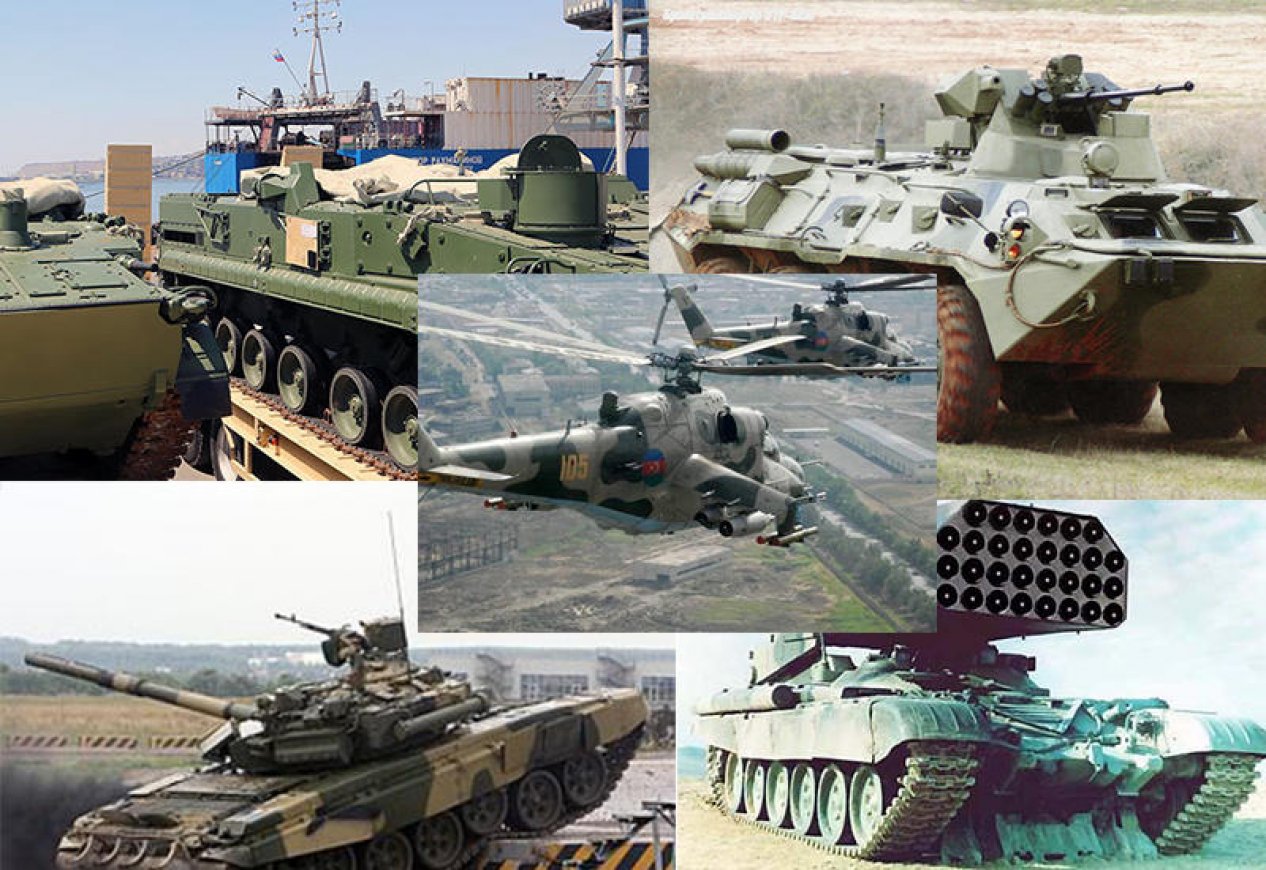
Azerbaijan, according to the Global Firepower Index for 2021, is the leader of the South Caucasus region. Thus, Azerbaijan took 63rd place in the ranking. According to the rating, Azerbaijan’s military budget is $2.265 billion ($2.805 billion in 2020). The total number of military personnel is 440,000 people (426,000 in 2020), including 125,000 (126,000 in 2020) in active personnel. In terms of air power, Azerbaijan took 55th place in the rating (58th place in 2020), in terms of the number of tanks - 22nd place (30th place in 2020), in terms of armored vehicles - 42nd place (48th place in 2020), self-propelled artillery - 24th place (23rd place in 2020), towed artillery - 32nd place (39th place in 2020). In terms of Naval Forces, Azerbaijan took 55th place in the report (55th place in 2020) among 140 countries.
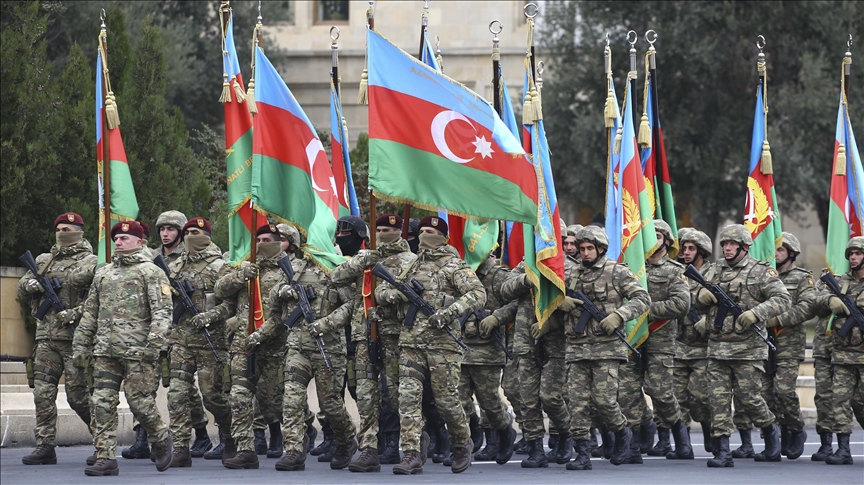
For 16 years, the Global Firepower website has been closely following the armies of 140 countries. To answer the question of which army is the strongest in the world, the website’s experts use more than 50 criteria, ranging from funding to logistics and geography. Moreover, according to GF experts, thanks to their unique formula (and the refusal to take into account nuclear weapons), the armies of even small countries are able to compete in the ranking in terms of combat readiness with giants like Russia, India and China. The rating of the armies of the world 2021 is formed according to the principle ‘the smaller the PwrIndx (power index), the stronger the country.’ The ideal PowerIndex is 0.000 (Azerbaijan-1.0472), which is almost impossible within the current formula for calculating the GFP rating.
Georgia took 92nd place in the rating, Armenia - 100th. The authors of the study took into account the results of last year’s war in Karabakh, which ended in a painful defeat for Armenia.
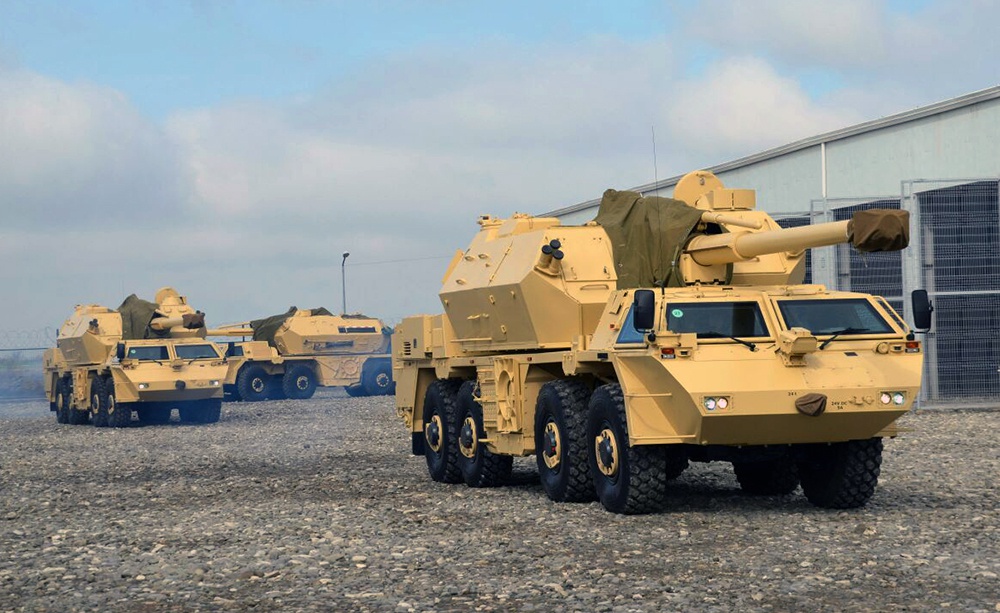
One of the main factors of military power is, of course, the quantity and quality of equipment and weapons - these are the parameters that are among the main ones when calculating the rating. New weapons are actively entering the Azerbaijani army. In the second half of the 2010s, Azerbaijan reduced its arms purchases. The experts explained this by the fact that the country already had everything it needed.
However, a year before the war, Azerbaijan again began to actively purchase weapons from Turkey. Reuters reported citing the Turkish Exporters’ Assembly that arms exports from that country to Azerbaijan grew six times, to $36 million in August and $77 million in September.
In 2020, Baku bought, in particular, Bayraktar drones, which were effectively used in Karabakh.
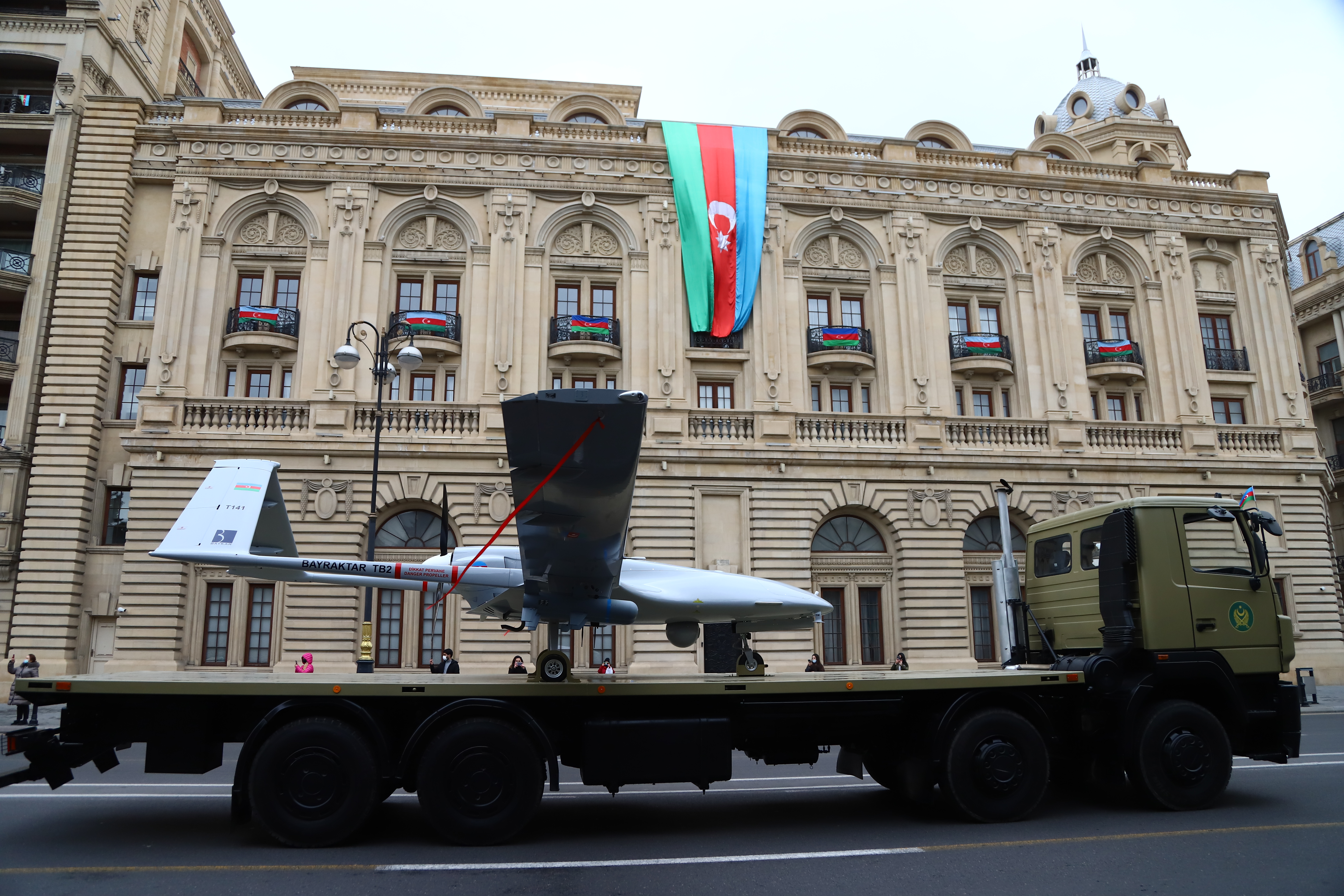
Earlier, Azerbaijan purchased Israeli patrolling ammunition (kamikaze drones) and high-precision missile systems, in Russia - TOS-1A heavy flamethrower systems, BMP-3 infantry fighting vehicle, a division of Msta-S self-propelled artillery installations, two battalions of S-300 long-range air defense systems and several complexes of Tor-M2E anti-aircraft missile systems.
“Azerbaijan’s expenditures on armaments were more substantial, their planning was more thorough. The authorities did not scatter money, instead carefully considering all the latest trends in military affairs; they purchased what they needed, having studied the war experience in the Middle East. Their preparation for the current conflict was exemplary, and this applies not only to the purely military aspects, but also to the politics, economics and propaganda,” Russian military expert Vasily Kashin told BBC.
In June this year, at a meeting with a group of leaders and personnel of the Azerbaijani army on the occasion of the Day of the Armed Forces, President of Azerbaijan Ilham Aliyev said that the number of the Azerbaijani army personnel would be increased and the process of purchasing modern equipment had begun. “Armenia must understand that Azerbaijan will continue to grow, and this is beyond doubt. Our military strength will increase as well. After the war, relevant instructions were given, new contracts were signed and the process of purchasing new weapons, equipment and machinery based on modern technologies continues. The structural reforms of our Armed Forces have been approved. I can say that the number of our Armed Forces personnel will be increased,” Ilham Aliyev said at the meeting. He added that Baku will build up its military power, correctly analyzing the results and course of the Second Karabakh War.
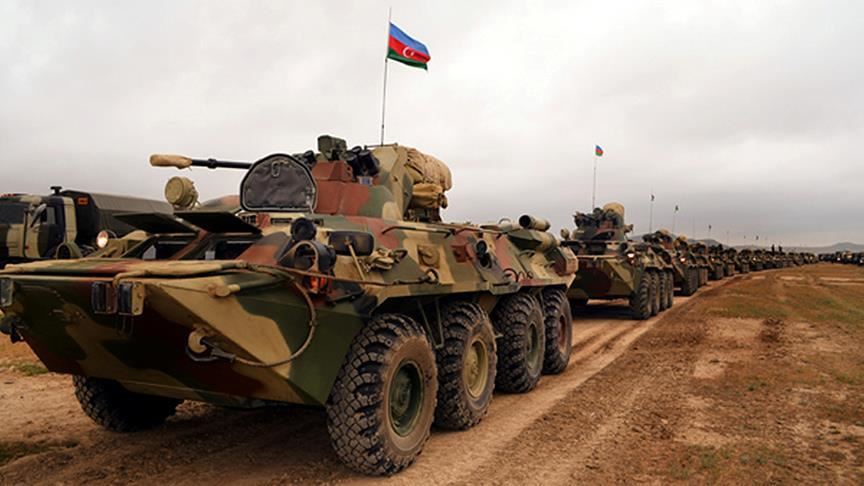
Next year, about 4.5 billion manat will be allocated for defense and national security, according to the Draft Law on the State Budget of Azerbaijan for 2022.
Of this amount, about 2.2 billion manat will be allocated to the defense forces, spending on national security will amount to 285.5 million manat, on the border service - 441.6 million manat, on applied research in the field of defense and national security - 4.1 million manat, on expenditures for projects and events for special defense purposes - 1.6 million manat.
In general, the amount of funds to be spent on defense and national security next year is about 95.9 million manat less than this year. Despite this, funding for the defense forces, border services and national security will significantly increase in 2022.
So, next year, compared to the current one, funding for the Azerbaijani defense forces will increase by about 218.8 million manat, financing of the border service will grow by about 159.9 million manat, and national security - by about 24.8 million manat. According to experts, the increase in funding for the defense forces and the border service is due to the fact that the military infrastructure in the liberated Azerbaijani territories is being rebuilt.
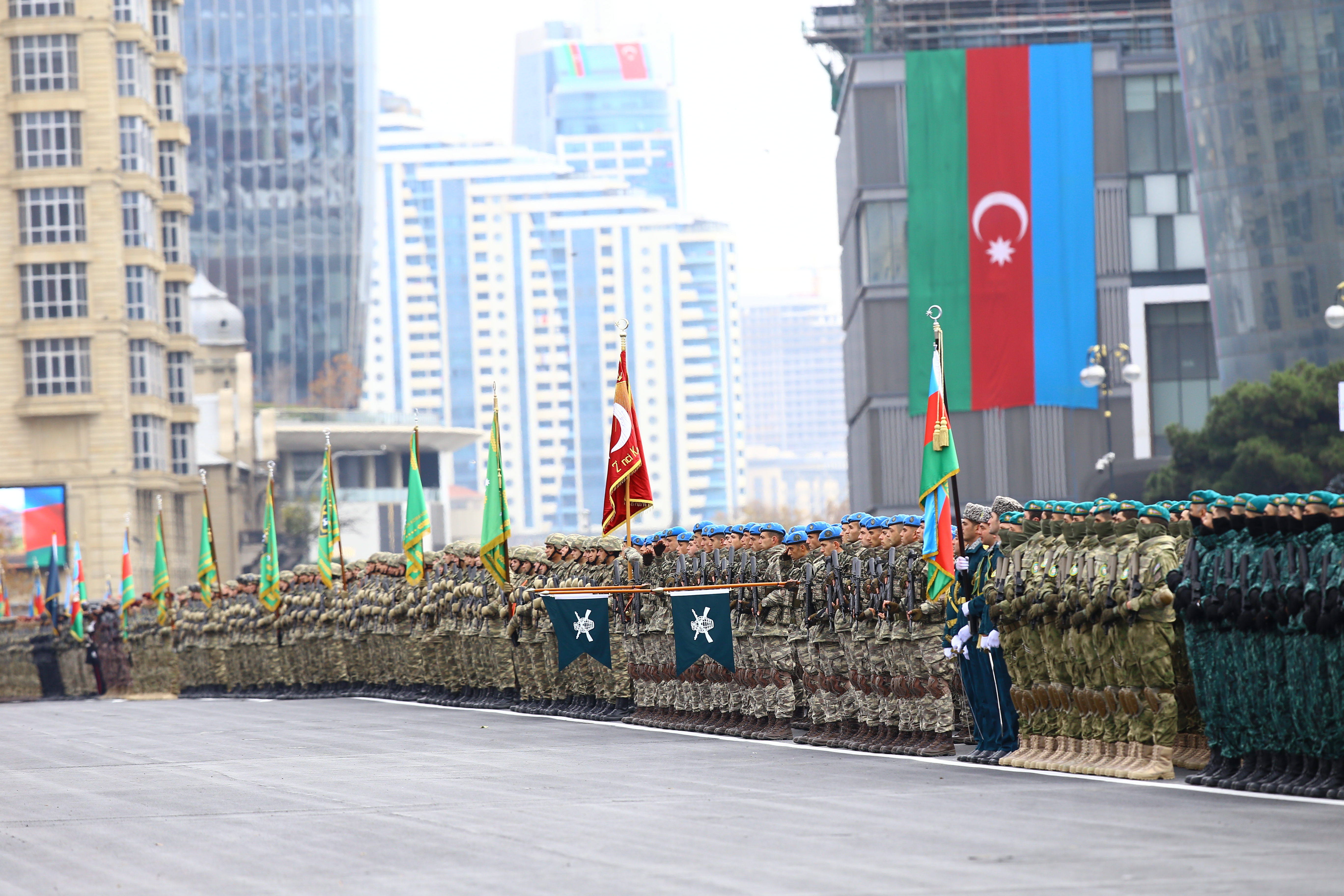
In the future, in order for the Armed Forces of Azerbaijan to be able to consolidate their positions in the region, the country is going to further increase defense spending, as well as take into account external forces interested in the region and their capabilities. Azerbaijan states that the country is going to compare the military budget with the defense spending of strong countries. Moreover, this is considering that after the Patriotic War, Azerbaijan is developing cooperation with such strategic partners as Turkey and Pakistan. These two countries have armies considered one of the best not only in their regions, but throughout the world.




















